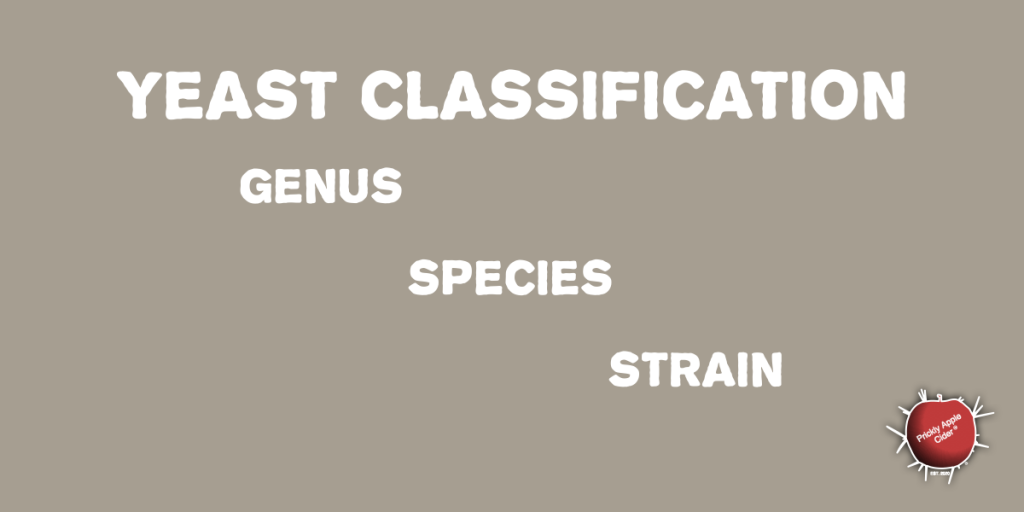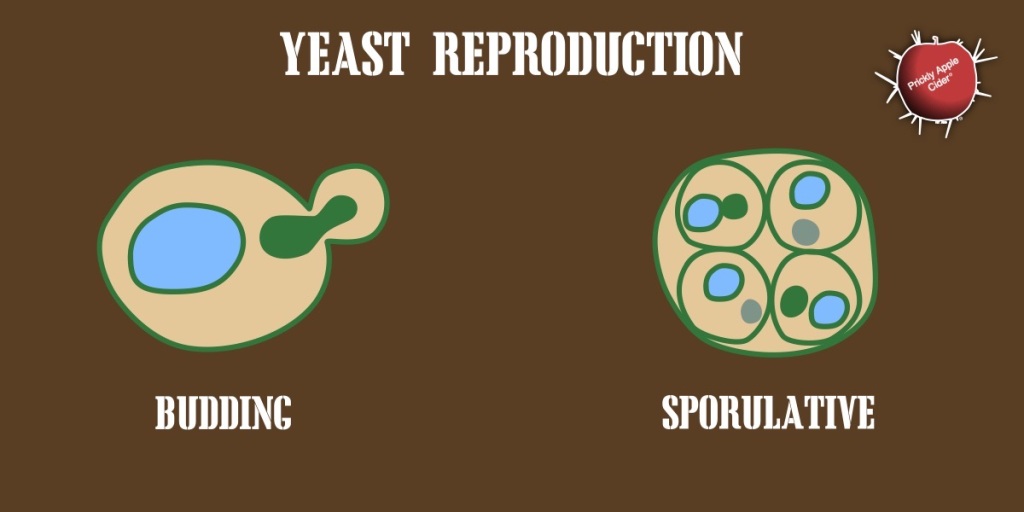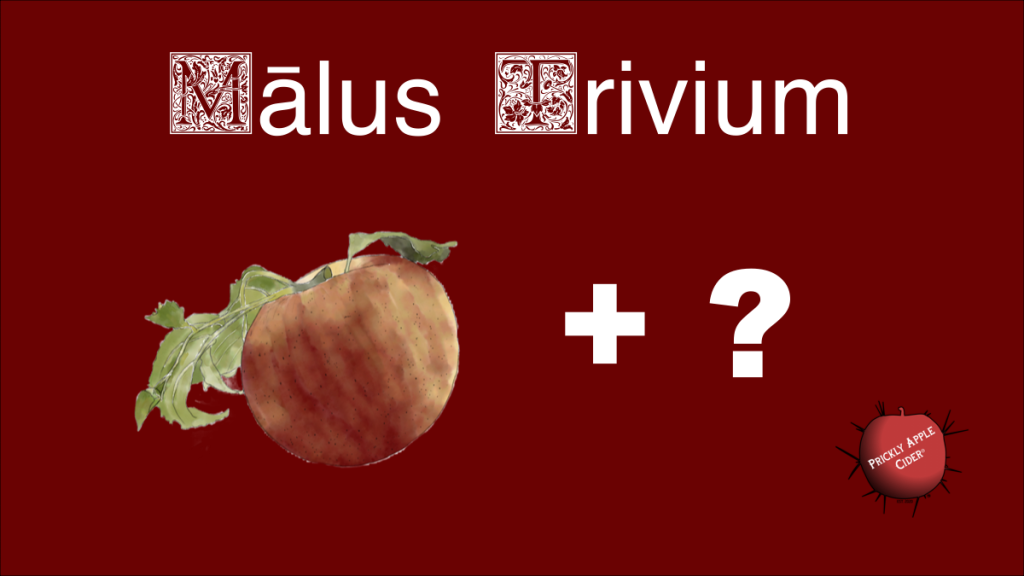Much of my recent research and reading has been on yeast, especially non-Saccharomyces genera. Wine, beer, bread, and most commercial food fermentation is performed by the Saccharomyces cerevisiae genus. But, there is a new push to explore and use non-Saccharomyces strains, especially in wine making. The biggest reasons are 1) aroma and flavor complexity, 2) ethanol reduction, and 3) de-acidification. However, like most research, the focus isn’t on hard cider. However, it does offer some insights into potential benefits for cider production. One of those benefits is the increased level of glycerol production many non-Saccharomyces yeast have. Why is glycerol important? Because it offers two key features that can improve the quality of hard cider.
- Sweetness
- Mouthfeel
Glycerol is a colorless, odorless, and non-toxic compound that is a metabolite of Saccharomyces cerevisiae yeast. However, research is finding that many non-Saccharomyces genera produce even more glycerol than Saccharomyces. Some species of Lachancea thermotolerans can produce as much as 45% more glycerol than some Saccharomyces cerevisiae and other species, like Starmerella bacillaris, have been shown to produce around 10% more(1). That means hard cider fermented with non-Saccharomyces yeast can have more residual sweetness because of the increased level of glycerol. As a side note, some of these yeast are also known to not ferment all available sugars, which might increase the residual sweetness as well.
Besides sweetness, glycerol also increase viscosity. Viscosity is a thickness or internal stickiness that will make a hard cider feel heavier in your mouth and cling to it. This is generally perceived positively and is often referred to as body or even chew. A medium or full bodied cider will be more viscous than a thinner or light bodied cider. Some research indicates that viscosity creates the perception of sweetness. The positive impacts that glycerol can bring to cider, is another example of why I don’t recommend using Campden or potassium metabisulfite to treat your juice prior to fermentation. In fact, you may want to let the natural yeast work for a few days before inoculating with yeast to increase the glycerol. Sequential inoculation with S. cerevisiae have also shown positive impacts on glycerol production. If you are looking for some residual sweetness, you might want to consider embracing the wild side or inoculating with non-Saccharomyces strains like Lachancea that can be found commercially.
(1) H. Roca-Mesa and associates, Nitrogen Preferences during Alcoholic Fermentation of Different Non-Saccharomyces Yeasts of Oenological Interest, Microorganisms, 8, 157, 2020
Don’t miss any future Mālus Trivium articles. Follow me and you will get a link to my latest article delivered to your inbox. It’s that easy!









Glycerol is really interesting and yeast producers have little information about it on their products, in general. I mostly brew beer, really new to cider making, and as an example I want to share the case of some yeasts used for Saisons. French Saison strain is a yeast capable to ferment a beer really dry (below 1.000) but you can feel some viscosity when you drink it, which I appreciate especially in low ABV Saisons, where you need “something” to avoid a watery mouthfeel. I’m really interested in trying some of the yeast strains you mention or at least follow your advice about embracing the wild. Cheers Tom!
LikeLike
I used French Saison a couple years ago and quite enjoyed the ciders I made from it. I have also enjoyed Belle Saison yeasts for cider so I am right there with you on Saison yeasts. I seem to always be trying something new whether that is yeast, apples, adjuncts, or process. Thanks for sharing!
LikeLike